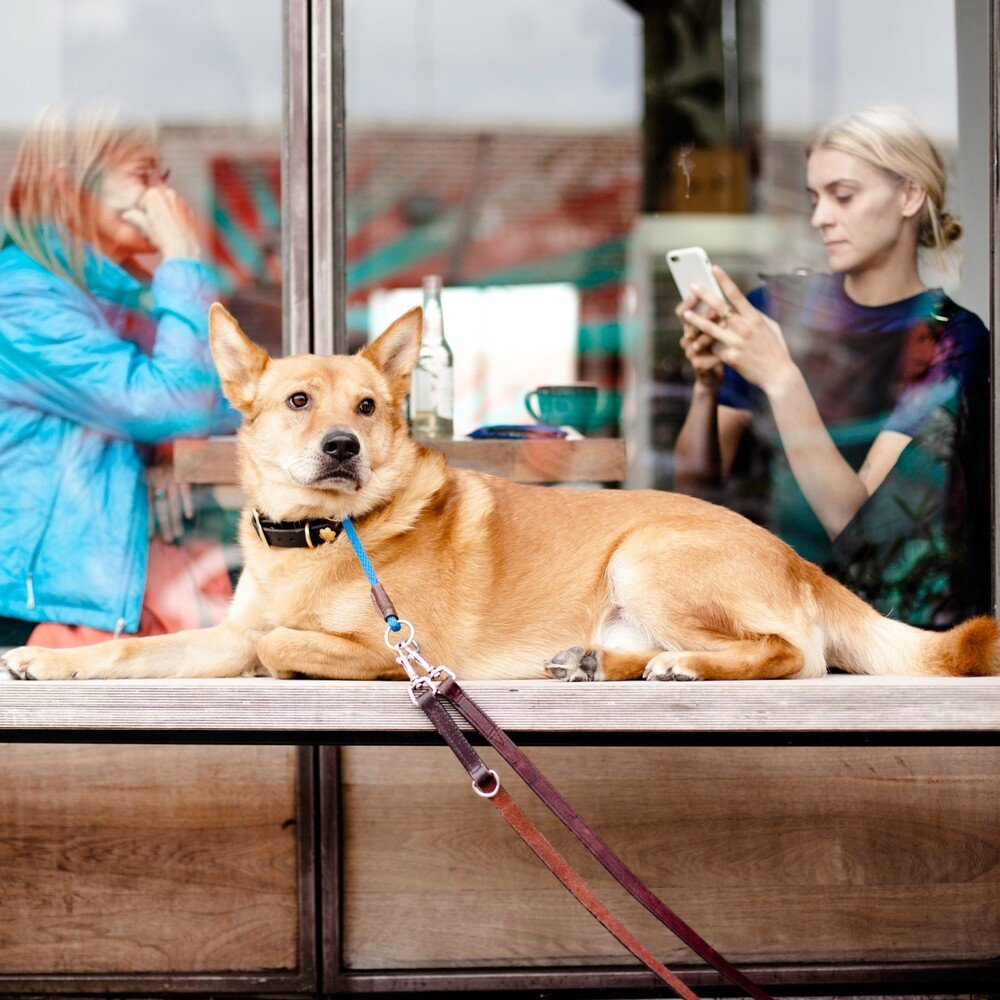
How to Care for Your Aging Dog: Essential Tips
As individuals advance in years, various age-related conditions tend to emerge. They require more rest, become stiffer, experience temperature changes more sensitively — getting either colder or hotter quicker. The same applies to canines.
Just like humans, dogs cannot remain youthful indefinitely. Thus, they require additional care and attentiveness from their owners.
Here’s how you can make your ‘elderly acquaintance’s’ life as comfortable as possible:
Offer a cozy spot for rest
agreeable climate, gentle and spotless.
Look after the coat.
With a slightly damp microfibre cloth, you can stroke the dog and clean places where the animal can no longer wash itself.
A warm, moistened cloth can be used to clean the back end of the creature.
Feeding
It is preferable to opt for senior dog food since it caters to the specific requirements of an aging pet.
Veterinarian
Make routine visits to the veterinarian to ensure that any age-related issues are identified promptly.
Behaviour change
The behavior of senior pets may alter, showing increased anxiety, nocturnal awakenings, disorientation issues, regression in house training, reduced social interaction, and difficulty with movements such as walking or leaping. These changes often stem from discomfort, disease, or cognitive decline. It’s always advisable to consult your veterinarian upon noticing these issues.
Costs
The expenses for drugs and specialized food items often total up to 100 euros each month.
Establish a ‘piggy bank for pets’ beforehand.
(FVDV for Farovint/Source: Huisdiereninfo/Illustration credit: Unsplash)
Make sure to explore all our articles on MSN by subscribing to our content. Simply click on ‘follow’ located beside our logo at the top.
Share this content:


















Post Comment